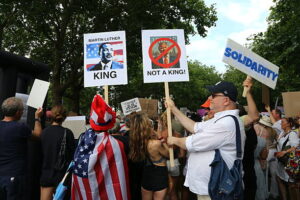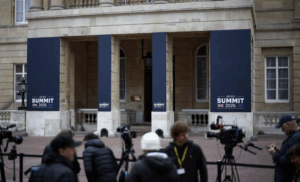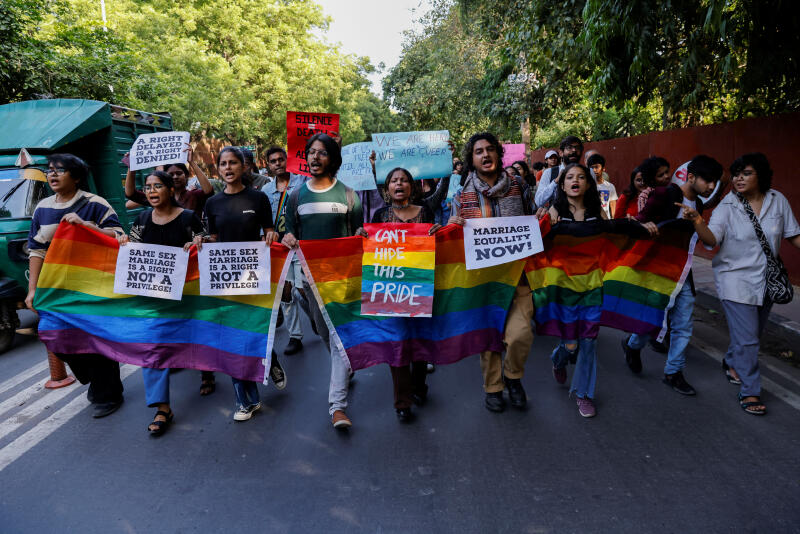How were homosexuals’ rights in India before?
It cannot be denied that the rights of the LGBT community in India have grown in recent years. Nevertheless, social and legal difficulties persist.
At first, in 2014, transgender people were officially recognized as a « third gender » and since 2019, they can also change their sex physically by surgery.
In 2018, four years after the recognition of transgender people, a historic ruling overturned a colonial-era law prohibiting sexual relations between individuals of the same sex.
Recently, in 2022, the Supreme Court ruled on Article 15 of the Constitution. It affirmed that unmarried partners or same-sex couples were entitled to social benefits. Discriminations about sexual orientation or gender are prohibited.
A marathon to legalize marriage for all
Magistrates have received 21 requests for recognition of these unions in the name of gender equality. They come of same-sex couples, transgender people and associations.
The five magistrates who examined the applications were divided. They each read out their position before announcing a joint decision.
Chief Justice Dhananjaya Yeshwant Chandrachud declared that there is no fundamental right to marriage. However, he insisted on the country’s duty to grant some form of recognition to same-sex relationships. For him, they need to protect them from all forms of discrimination.
Uday Raj Anand, one of the petitioners has said « I didn’t expect the judgment to be very good, but it’s much worse than I expected ».
Finally, it’s this month, in October ,that the India’s Supreme Court has refused to legalize the marriage for all and has decided to let Parliament rule on same-sex marriage. But we know that the Government is strongly opposed to marriage for all.
The opposition of the government
Narendra Modi’s Hindu nationalist government has submitted a 102-page memorandum to the court against the legalization of marriage for all. According to the ruling power, this demand is made solely by « an urban elite ». And such legalization would undermine the foundations of marriage and Indian society.
The country’s main religious leaders have, for once, agreed to adopt the same position. Hindu, Muslim, Sikh and Christian leaders affirm that « marriage is for procreation, not recreation ». Some twenty former Supreme Court judges have also published an open letter, denouncing « the risk of a devastating impact on children and the family ».
Shashi Tharoor, an MP from the Congress, the main opposition party, after the decision, commented « I doubt that the Bharatya Janata Party would even want the issue to be debated in Parliament, let alone passed into law ».
Despite strong political movements in favor of LGBT rights, a significant amount of homophobia among the Indian population remains.
In Asia, a single country- Taiwan- , has recognized same-gender unions so far.










